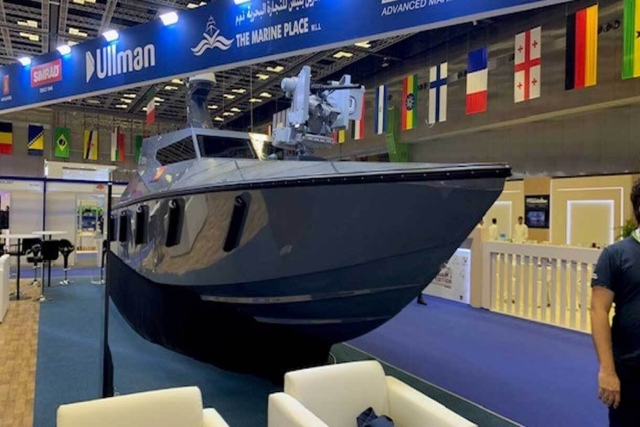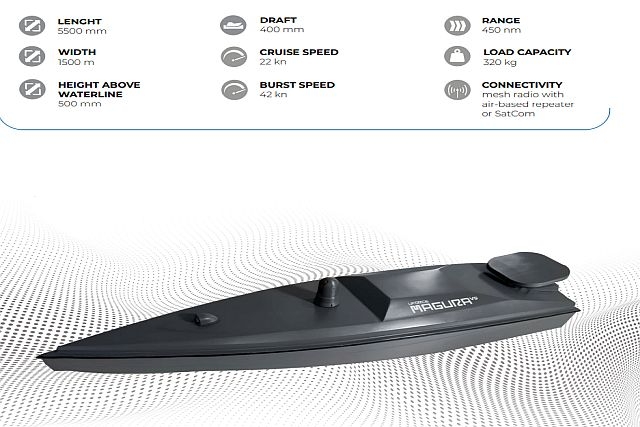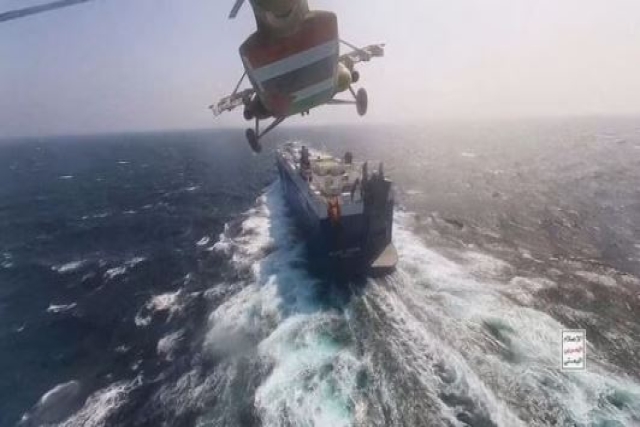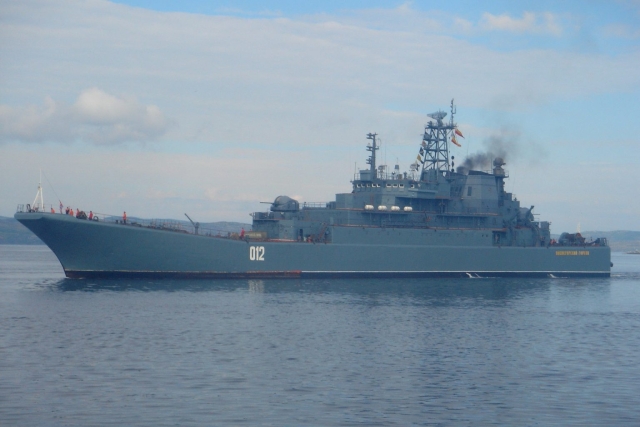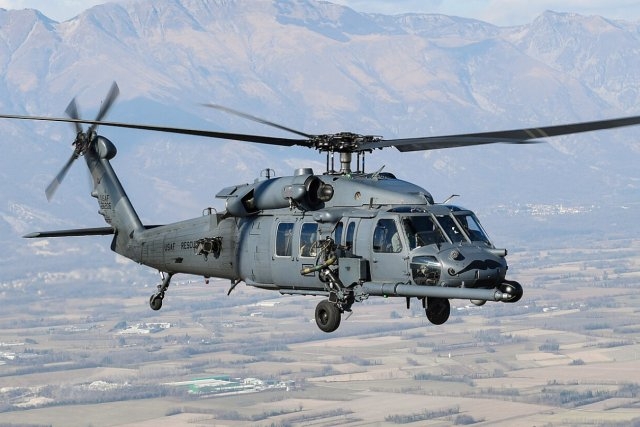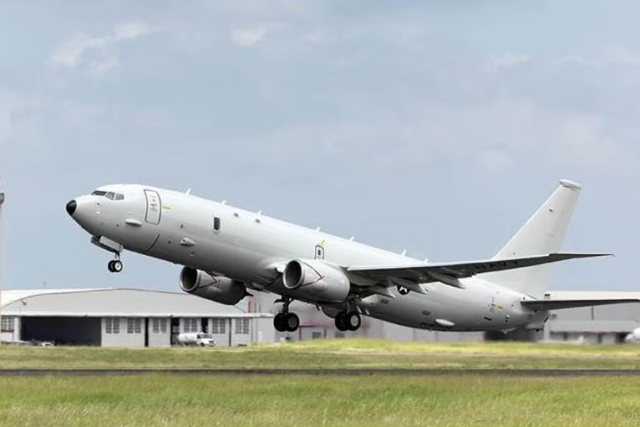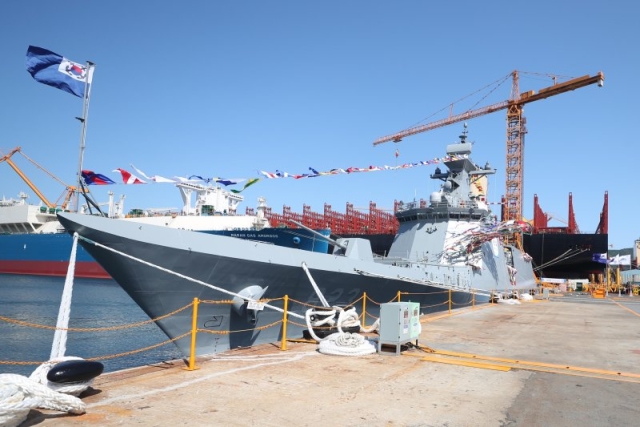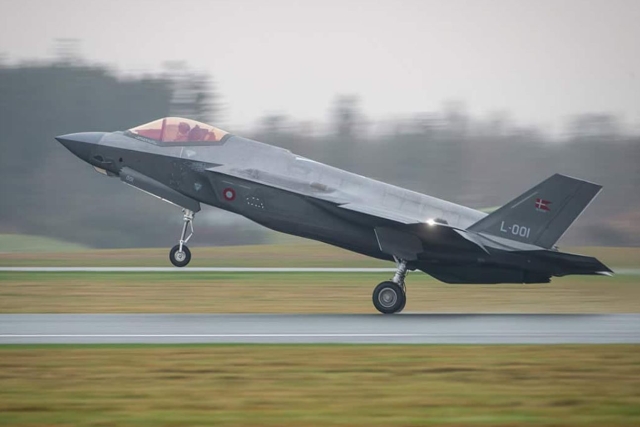Boeing's Aurora Flight Sciences Tests FALCON System for Precision Boat Control
FALCON enables USVs to maintain close proximity to other boats during tasks such as sea resupply and navigating challenging passages like the Suez Canal.
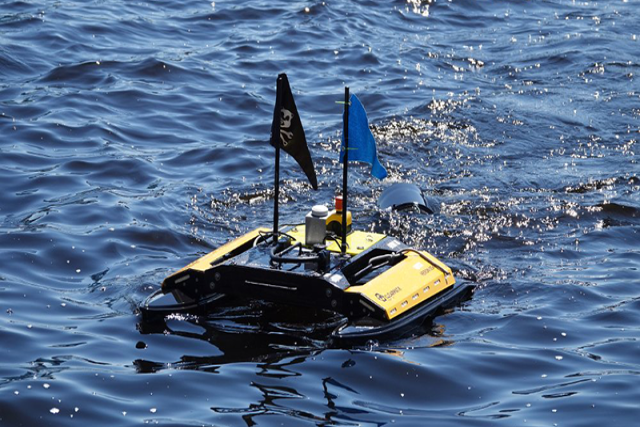
Aurora Flight Sciences, a Boeing company, has been testing its "Fast Adaptation and Learning for Control Online" (FALCON) control architecture on the Charles River in Boston, Massachusetts.
The recent trials focused on demonstrating vessel-to-vessel station keeping for an underway replenishment (UNREP) scenario and automated passage through conditions similar to the Suez Canal.
In collaboration with the Massachusetts Institute of Technology (MIT) Aerospace Controls Laboratory and MIT's Marine Autonomy Laboratory (PavLab), Aurora is developing machine learning-based technologies under DARPA's Learning Introspective Control (LINC) program. These technologies aim to enable unmanned surface vessels (USVs) to adapt their control strategies in real-time when encountering unforeseen disturbances during missions.
During the tests, an autonomously controlled USV maintained station with another vessel for an UNREP operation and navigated through simulated canal conditions mimicking the Suez Canal incident involving the Ever Given. The USV utilized adaptive control to address disturbances like thruster failures and the Venturi effect, demonstrating the efficacy of Aurora's FALCON architecture in dynamic and challenging environments.
Aurora Flight Sciences plans to continue refining and deploying the FALCON architecture on larger vessels in future deployments. The adaptive control capabilities developed through this program have potential applications across various platforms, including air and land vehicles, contributing to advancements in autonomous vehicle operations and control technologies.
